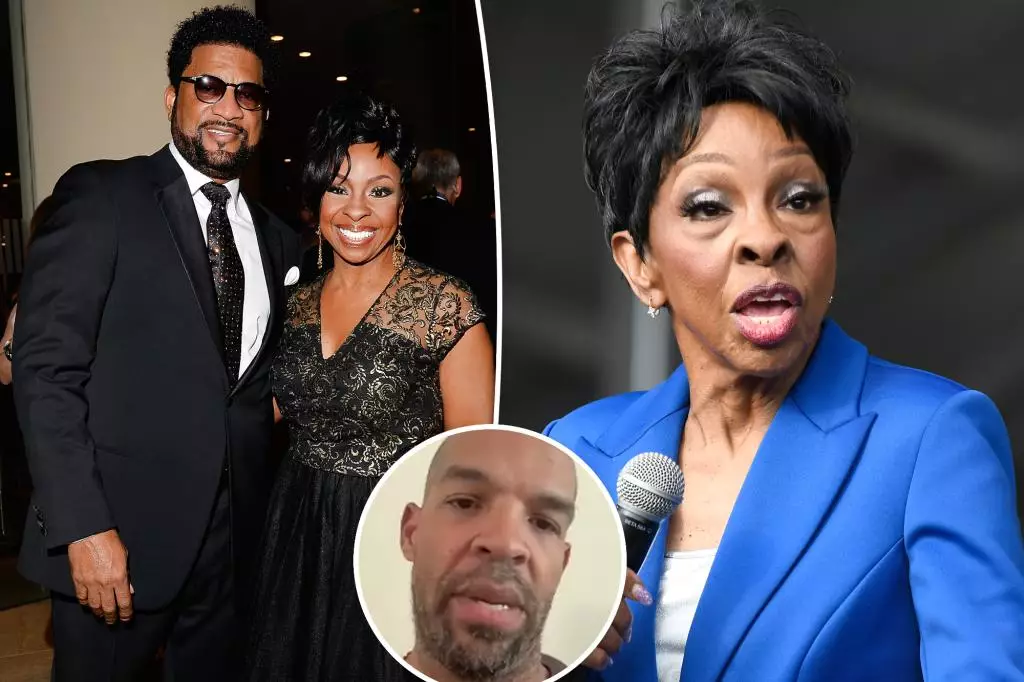In the realm of legendary entertainers, Gladys Knight stands as an icon whose voice and presence have profoundly shaped American soul music. Yet, recent headlines threaten to cast a shadow over her illustrious legacy. The public has been stirred by allegations from her eldest son, Shanga Hankerson, claiming elder abuse and manipulation at the hands of her husband, William McDowell. Despite her decades-long career, Knight now finds herself embroiled in a complex narrative that blends personal vulnerabilities with public scrutiny. It’s crucial to recognize how personal struggles often clash with the crafted image of perfection that celebs maintain, and how such conflicts highlight the thin line between private life and public perception.
The Nature of Senior Care and the Weight of Familial Disputes
One of the core issues lurking beneath the headlines is the delicate issue of elder care. Shanga claims that his mother’s health is deteriorating, and that she is being emotionally and financially manipulated. This is a story that resonates with many families worldwide, where aging loved ones become battlegrounds for control, affection, and sometimes greed. The allegations force us to confront a uncomfortable truth: fame and wealth do not make one immune to exploitation or fallibility. While Knight’s publicist dismisses these claims as baseless and defamatory, the very existence of such allegations indicates vulnerabilities that come with aging, dependency, and complex family dynamics. These personal struggles, often hidden behind star-studded facades, offer a sobering reminder that even cultural icons are not beyond the frailties that affect everyday families.
The Power Play Between Allegations and Public Defense
Knight’s prompt response—asserting her health and happiness—seems designed to preempt further damage to her reputation. Her statement emphasizes her resilience and ongoing commitment to her musical career, asserting that her well-being is intact. Contrasting her affirmation, her team is pursuing legal action against her son’s “unfounded” claims, exemplifying how public figures are compelled to defend not only their careers but also their personal integrity amid scandal. This raises a question about the efficacy and morality of such aggressive legal strategies: do they serve justice, or do they merely suppress truthful reports? The clash reflects a broader tension between protecting one’s legacy and addressing uncomfortable truths. Celebrities, much like anyone else, must navigate this gray area, often choosing between silence and defiance.
The Role of Media and Society in Shaping Narrative
Media coverage amplifies these family disputes, transforming private matters into public spectacles. In today’s digital age, allegations and counterclaims spread rapidly, influencing public opinion while often distorting facts. Society’s obsession with celebrity scandals fuels sensationalism, sometimes overshadowing the genuine issues at hand, such as elder care and mental health. The case of Gladys Knight illustrates how the media scrutinizes every word and gesture, and how empathetic understanding often takes a backseat to scandal-mongering. Society should critically question how we consume such stories—do we seek to understand and support, or are we merely voyeuristic spectators of someone’s hardship? The truth is seldom black and white, and the allure of controversy risks trivializing the very real vulnerabilities involved.
Reflections on Respect, Power, and Privacy
Behind the headlines lies a broader discussion about respecting the dignity of aging artists and their families. Knight’s status as a musical legend should not exempt her from compassion or scrutiny, but it also demands that her right to privacy be respected. Allegations of elder abuse are serious, but their validation requires careful investigation rather than immediate judgment. In a celebrity-driven culture, the temptation to sensationalize personal ailments often overshadows the importance of safeguarding dignity and human rights. As fans and consumers of entertainment, we must remind ourselves that behind the fame are real people facing real issues—a truth that often gets lost amid the swirl of gossip and outrage. Respecting public figures means acknowledging their humanity, inconsistencies, and vulnerabilities, rather than simplifying their lives into soundbites or headlines.
